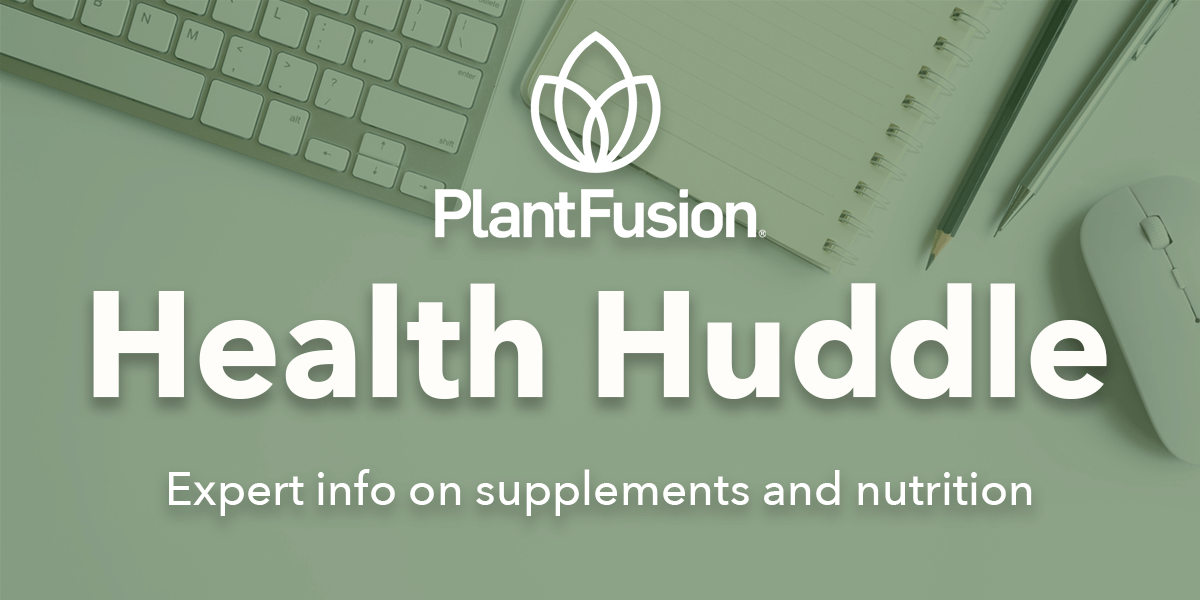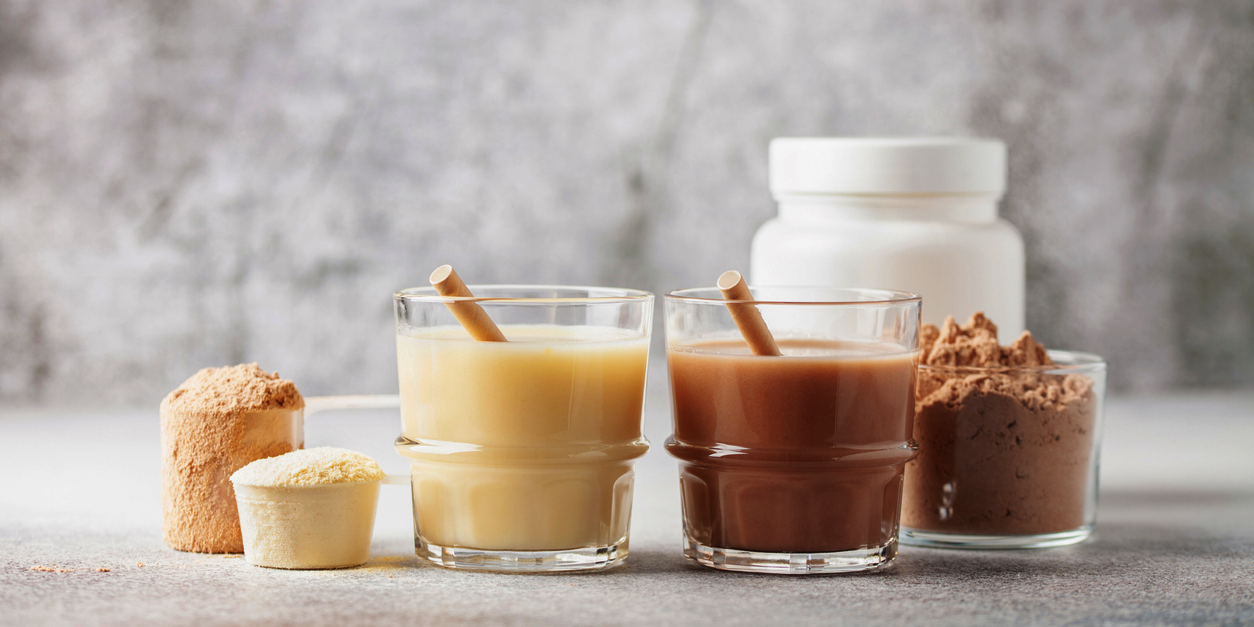Proteins are the building blocks of life, playing a major role in your bodily functions. They are essential for maintaining and repairing tissues, supporting immune function, transporting oxygen, and much more.
A common concern among those exploring plant-based diets is whether they are getting all the essential nutrients, particularly protein. The answer is in knowing what makes a protein “complete,” and why that is so important for your health and performance.
This concern often leads to the question..what really is complete protein?
Understanding Proteins
There are 20 different amino acids that make up proteins, and our bodies require all of them to function optimally. These amino acids fall into two categories: essential and non-essential.
- Essential Amino Acids: These are amino acids that our bodies cannot produce on their own, so we must obtain them from our diet.
- Non-Essential Amino Acids: These are amino acids that our bodies can synthesize on their own, so we don't necessarily need to get them from our diet.
All 20 amino acids are important, but when we talk about complete proteins, we’re focusing on those nine essential amino acids.
What Is Complete Protein?
A complete protein is a food source that contains all nine essential amino acids. These include: Histidine, Isoleucine, Leucine, Lysine, Methionine, Phenylalanine, Threonine, Tryptophan, and Valine.
Complete proteins are often associated with animal-based sources such as meat, dairy, and eggs. However, many plant-based foods can also provide complete proteins when consumed together strategically. You just need to know how to combine them.
Complete vs. Incomplete Proteins: What’s the Difference?
Here’s the breakdown:
- Complete Proteins: These provide all nine essential amino acids your body needs.
- Incomplete Proteins: These lack one or more of the essential amino acids.
For example, a food like quinoa or soy is a complete protein because it contains all nine essential amino acids. An then, if you take a look at foods like beans and rice, these are incomplete proteins by themselves, but when you combine them, they create a complete protein.
Why Should You Care About Complete Protein?
Adding supplemental proteins is not a one-size-fits-all solution. When you are fueling your body with protein, understanding which foods contain a full amino acid profile is critically important to your health, growth of muscle and energy levels. And if you lead an active lifestyle or are transitioning to a plant-based way of eating, it’s key that you’re getting the correct protein in your diet.
PlantFusion's Complete Protein
21g of the world’s best tasting plant-based, vegan protein powder that sustains energy, builds and repairs muscle, and is easy to digest.
Plant-Based Complete Proteins: They Do Exist!
Many believe that only animal products have complete proteins, but that’s a misconception. Some plant-based foods are low in one or more essential amino acids, and it can be simple and inexpensive to combine plant-based sources for the essential amino acids your body needs.
Here are some plant-based complete proteins to incorporate into your diet:
- Quinoa: A protein-rich, complete grain, great in salads or bowls.
- Soy: Excellent sources include tofu, tempeh and edamame.
- Hemp Seeds: These small seeds are a potent source of protein and can be sprinkled over just about anything.
Why PlantFusion Are Pioneers In Complete Protein
Are you seeking a convenient, all-in-one solution to meet your protein requirements? PlantFusion’s Complete Protein does the work for you. So, we use a combination of premium plant-based sources such as yellow peas and we add in an amino acid blend to make sure the gaps get filled.
It’s an ideal choice for individuals looking for a clean, plant-based source of protein without sacrificing nutrition. There is no need to pair different foods, we pair them for you!















